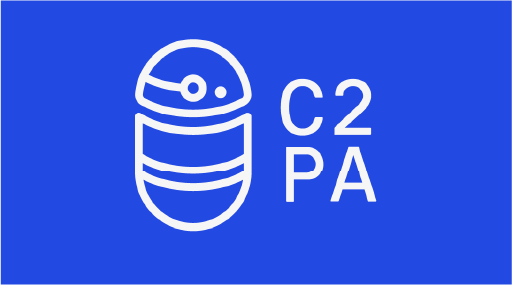Why is fighting misinformation important?
In 2023,68% of French people get their news from social platforms or networks. But they are also nearly 70% to think that this information may be false, or even lead to the development of conspiracy theories. Thus, we can observe a paradox between our evolving, digital practices and the erosion of trust in the information we receive or consult. Moreover, a recent national consultation organised between European partners, associations and research organisations revealed that the fight against disinformation is a priority for the French. people So how can we ensure that our news consumption practices and habits are in line with these stated aspirations for the truth?

Fact-checking and fact-checkers: a vital mission in the process of development
Around the world, there are many fact-checking organisations and communities of fact-checkers who are committed to verifying the authenticity of images or videos, most often produced by users - this is known as UGC - User Generated Content. Their goals ? To check that these contents have not been manipulated and that they can be reliable sources of information and testimony for newsrooms. But the job of a fact-checker is particularly technical. These decipherers have to mobilize different tools, investigate and observe in detail to verify. This is a fully-fledged mission, which is not necessarily mastered by all journalists, but which today occupies an essential place in newsrooms throughout the world. France Télévisions has several fact-checking teams, including one specializing in visual investigations: Les Révélateurs. They are able to carry out thorough investigations to demonstrate a truth thanks to UGC images: here for example.

A search engine for verified content
Within France Télévisions, an idea was born: to create a search engine for verified images or videos. But why and how? Iit would be a search engine that would display whether an image or video from a social network or platform - a so-called UGC element - had already been authenticated by a media outlet and/or a community of partner fact-checkers. Each professional, fact-checker or media, could thus accelerate the availability of these images to its public, while explaining them. Then, could the citizens be able to share the information without fearing that it is misleading. Or simply not sharing it because it is not good. Let's imagine this. A major hurricane hits the Pacific Ocean - dozens, if not hundreds, of videos pour in on social networks to document the event. Because of the sensational aspect of the subject, it is conducive to manipulation, to get clicks and likes. It would therefore be possible to display a small green or red icon directly on the publication consulted, indicating - or not - its authentication. The novelty of this project lies in the centralisation of information and in the sharing between different communities and fact-checking partners.
Cooperation is one of the guidelines of the project led by France Télévisions, which is intended to be open to all interested parties. At the moment, a feasibility study on the interest and possibilities of such a tool is being developed. This is part of theEuropean Stars4mediaprogramme, which promotes innovation and inter-media collaboration within the European Union (EU). The initiative offers a four-month follow-up to at least two EU organisations on a project of innovation in practices, technology, editorial or shared organisations. It is with the collaboration of faktisk - a Norwegian fact-checking organisation - and the Révélateurs of France Télévisions that the project for a search engine for verified images/videos is being developed.

What's next?
First of all, the study aims to update technical, legal and organizational knowledge about fact-checkers and their issues. Then, the development of a prototype of the tool could begin, through a second coaching of Stars4Media during 2023. Depending on the result, the engine could be produced for deployment on the European market and then worldwide in the following years. Ideally, if we try to jump ahead a few years - let's say 2034 - the tool would be accessible to all, available very easily on all the future networks : the use? The reflex of checking before sharing ;-)
 Back
Back
 News
News











